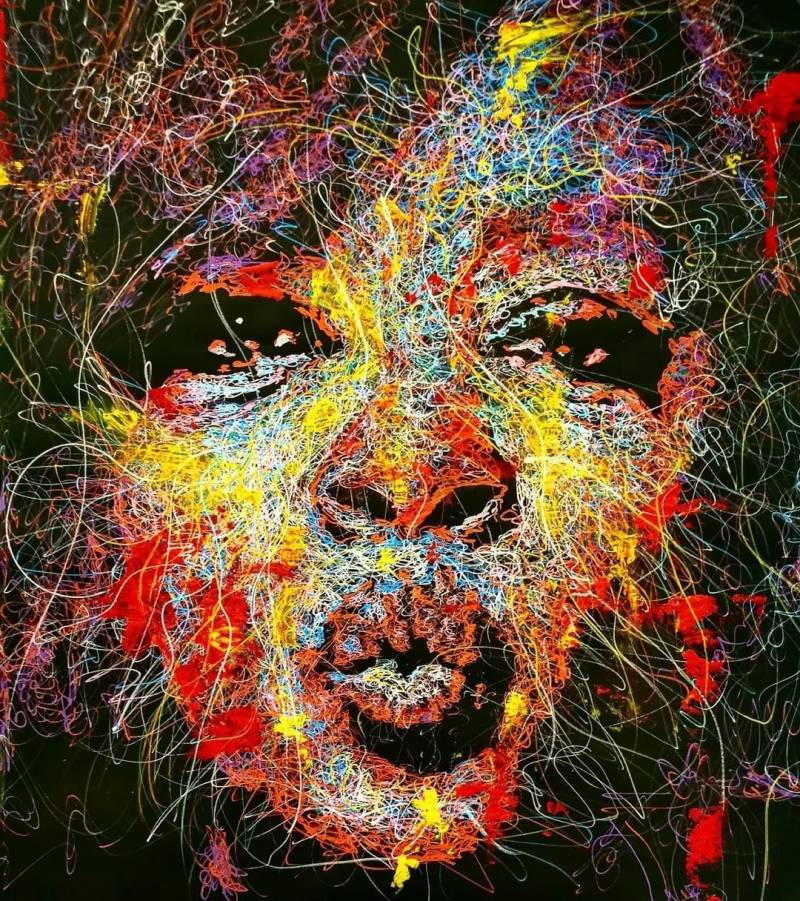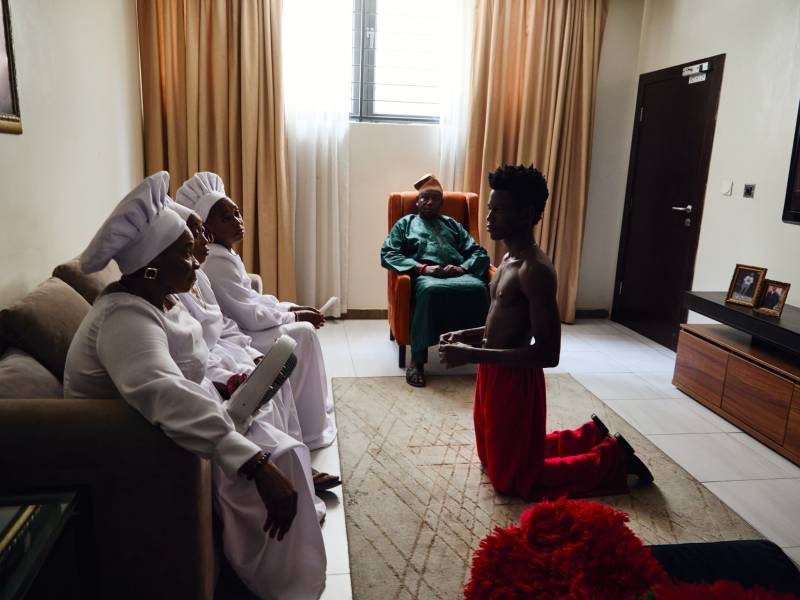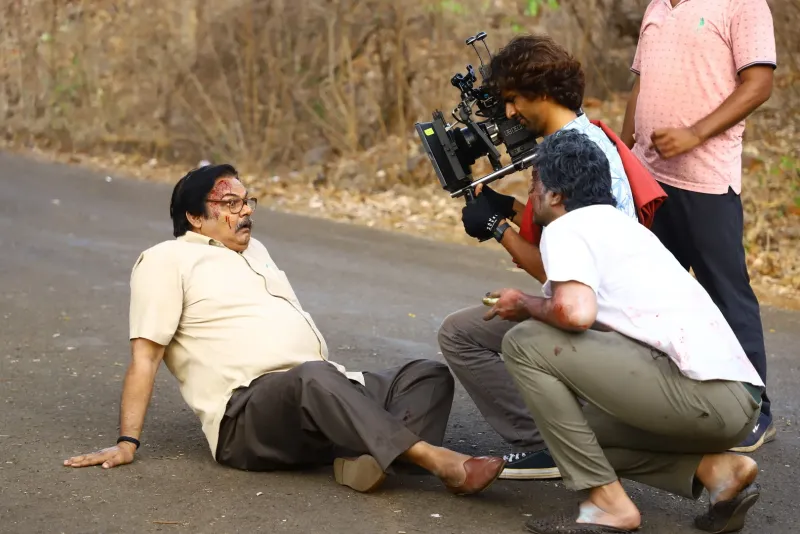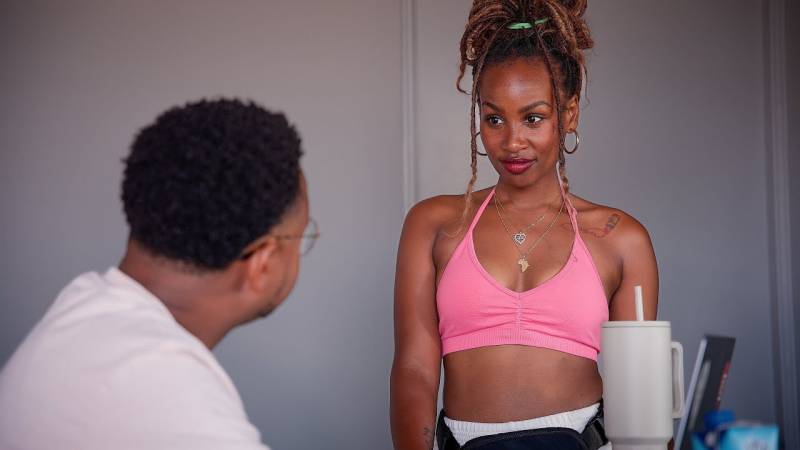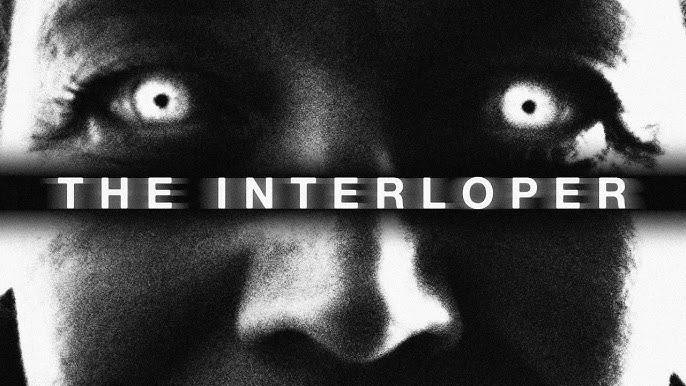Viola Davis did speak with Michelle Obama before she played her in Showtime’s upcoming The First Lady, but she is reluctant to share much of what they talked about in their private conversation.
“What’s dramatic about Michelle Obama? I’ll tell you what’s dramatic. She is a Black woman and the first Black woman in the White House built by slaves, someone who literally was perceived to be overly masculine, not feminine, angry, hostile, and I will share one thing that she said to me,” Davis said during a panel for the series at Deadline’s Contenders TV.
She said, ‘I’m not even an angry person.’ Isn’t that something? Listen, I am sort of an angry person, but she’s not. And so what I wanted to do was honor her and not the perception of what Black women are supposed to be.
The First Lady, a 10-episode series that debuts April 17 on Showtime, tells the story of American history through the eyes of Eleanor Roosevelt (Gillian Anderson), Betty Ford (Michelle Pfeiffer) and Obama.
“It was always about trying to track through history the sublimation of voice, and to turn the lens on history to see it through a female point of view,” said Cathy Schulman, the series’ showrunner and executive producer. “And so it was important to see continuity of the issues and to be able to point out the similarities as well as the juxtaposition. We wanted it to intersect and go through 110 years of history all at the same time and per episode.”
Susanne Bier, director and executive producer, said that “there is a kind of incredibly delicious sense of getting into specific stories but also understanding a whole lot of things about all of us.”
In one scene, Michelle Obama shares her concerns and fears for her husband Barack Obama’s safety as he embarks on his presidential campaign, even using the N-word to describe the racists and extremist dangers he will likely face.
“We use creative license because we all know that Michelle Obama is someone who does not like politics, the viciousness of it,” Davis said. “And so it was an imagined conversation. And I did push for those words to be used because I know that those are the words that Black people use in private. We do. We use those words in private, especially to drive something home, and Michelle Obama is from the South Side of Chicago. So I felt it was imagined but I felt good about it being something that could have happened.”
